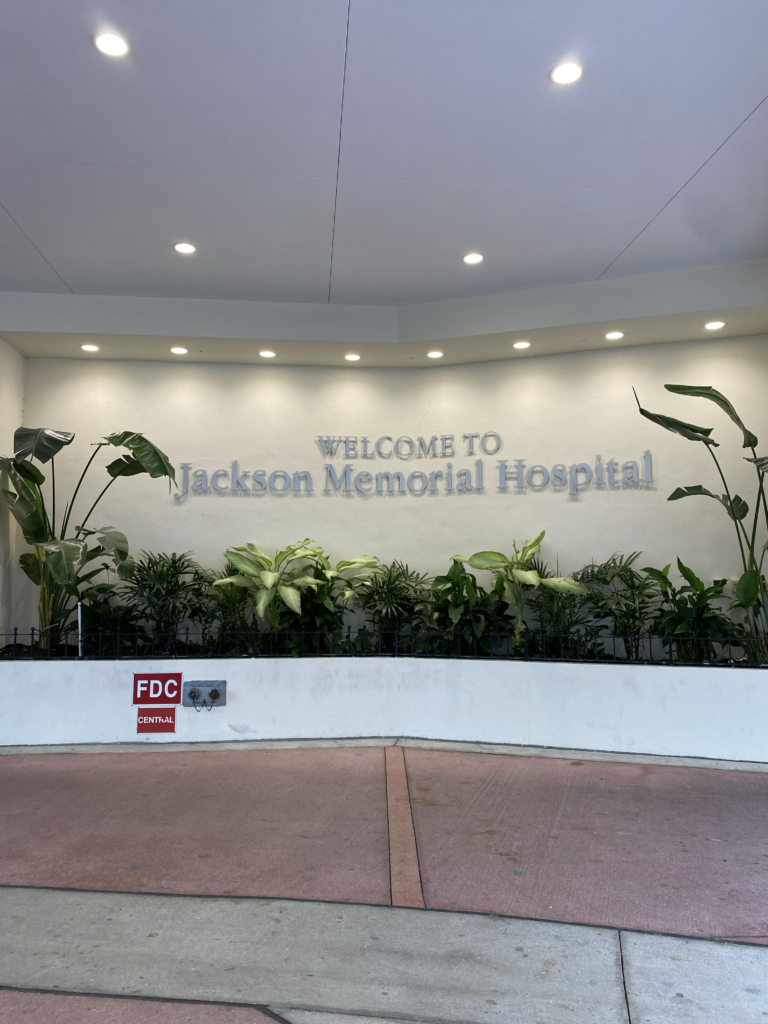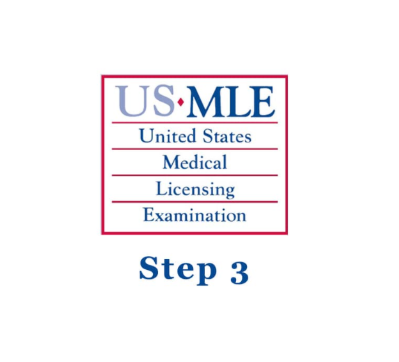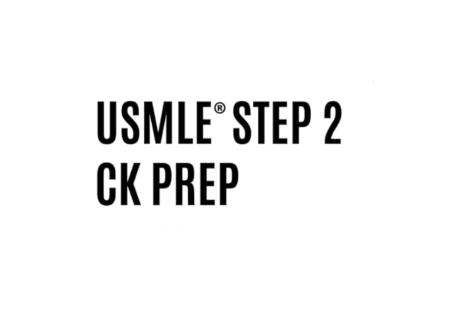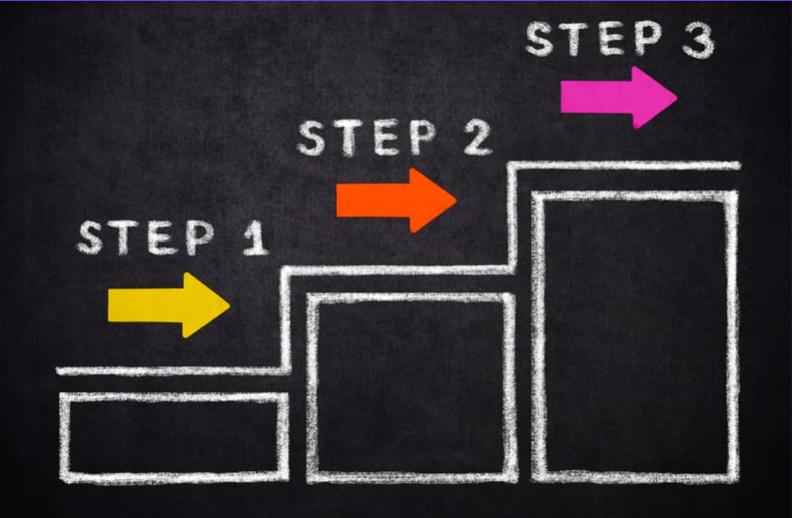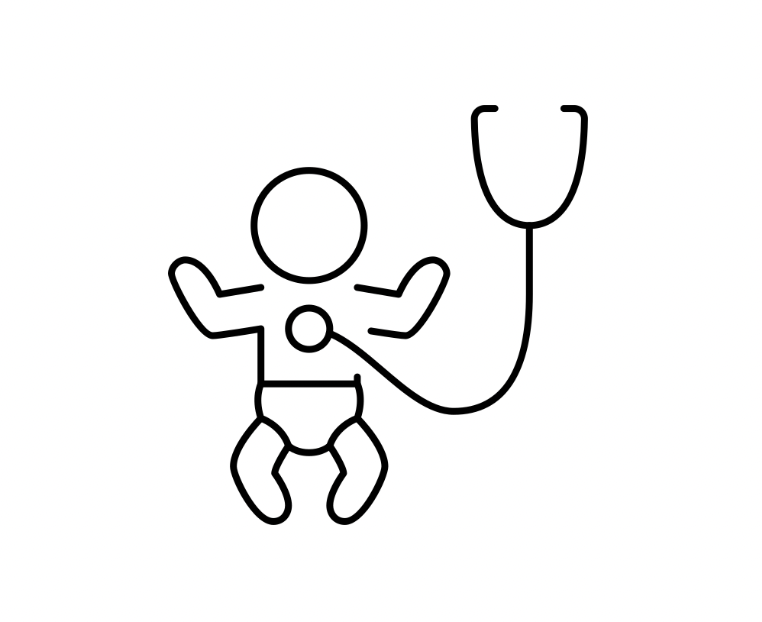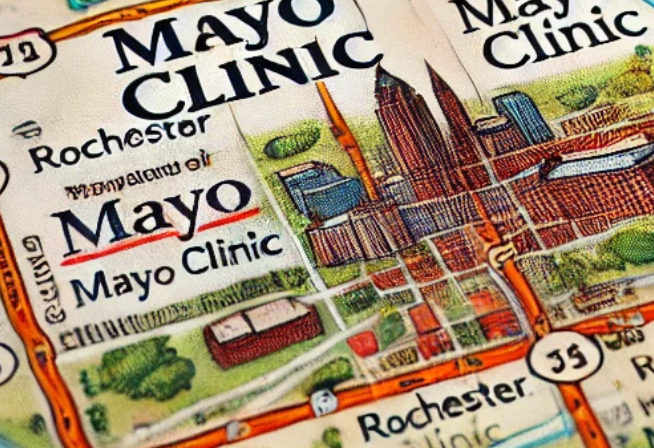Hi, everyone! We wanted to discuss some things about all these new pathways to becoming a doctor without doing (or redoing) residency in certain U.S. states or USMLE. I’m sure you’ve seen this on social media, and there’s A LOT to talk about.
In the United States, we have a physician shortage, and it will likely keep getting worse. The lack of doctors is even more noticeable in some rural areas or less “desirable” regions. To address this shortage, over the last 10 years politicians have focused on giving more autonomy to Nurse Practitioners (NPs) and Physician Assistants (PAs), who, in many U.S. states, are allowed to treat and prescribe independently.
Even so, the shortage continues, which is why some states have begun to consider allowing foreign-trained specialist doctors to receive a work license without having to redo medical training in the U.S. Some states have already passed laws opening doors, and we wanted to highlight some pros and cons about this.
First, the positives:
It may work for some people who are highly specialized or have very strong connections in certain states.
For example:
- If you have special expertise in your field (whether you’re a world-class researcher in a specific topic, or a highly specialized professional in a high-demand area, etc.), one possibility is finding a hospital in one of these states that will offer you a job.
- If you have a connection or mentor in one of these states and this professional wants you to come to the U.S. to work with them.
Note: You will also need to meet all the other criteria for each state listed below.
Although some people think these pathways might be easier (which is not true for most cases), they might be faster for those who have a long career in Brazil, good connections in the U.S., and have already decided they want to live and work in a specific U.S. state for the rest of their life.
Now, the negatives:
- First, these pathways are NEW and still not implemented in most states, meaning they are subject to change.
- If your goal is to avoid the USMLE exams, unfortunately that won’t be possible. You will still need to take the Steps.
- Probably the hardest part will be finding a job. For these pathways, you will be connected to a hospital, clinic, or physician, and will need to work under supervision for a period of time. If you haven’t done extensive networking in any of these states or don’t have some kind of world-class expertise attractive to a U.S. hospital, getting a job offer will undoubtedly be quite complicated.
- Visa: These hospitals will give preference to doctors who already have work authorization (green card) or citizenship. If you are already a specialist in Brazil and thinking about one of these alternative pathways, we recommend speaking with an immigration attorney to learn about possible routes to a green card.
- Let’s say you do get one of these jobs. Since you will be completely dependent on the doctor or hospital sponsoring you, your negotiating power for contracts and salary will be lower—and of course, you’ll need to be careful so they don’t take advantage of that.
- If you complete one of these alternative pathways and receive a license from one of these states, you will only be eligible to work in that state for the rest of your career in the U.S. (unless you redo the entire process in another state). You will also not be eligible to receive a specialty board certification (board eligible), which may limit job opportunities.
- Without board certification, you will likely pay more for malpractice insurance.
- There’s the risk that these state-level pathway laws could be repealed or canceled, since they are so new and the general public doesn’t yet know much about them.
With all this in mind, let’s go over each state that has passed laws on this, discuss the eligibility criteria, and share some of our opinions.
Tennessee
To obtain a full medical license in Tennessee without having to redo residency, you need to:
1) Complete at least a 3 year post-graduate training program (residency or fellowship training in your home country) or having practiced for at least 3 out of the last 5 years in your home country.
2) Have a job offer from a healthcare provider in Tennessee that runs an ACGME-accredited post-graduate training program (residency or fellowship program).
3) ECFMG Certification (which includes passing Step 1, Step 2CK, OET, and then applying for and getting approved for one of the ECFMG pathways)
4) Demonstration of “competency” according to the Medical Board
5) Be eligible for a work visa in the United States
6) Work for 2 years straight while fulfilling all of the above criteria
*After working for 2 years straight at a sponsoring institution with the conditions above, you can get an unrestricted license to practice in Tennessee.
Our opinion: Compared to the rest of this list, the main challenge will be finding a position in an academic center or a center with a residency/fellowship program that will hire you, since these academic centers are generally in high demand. Also, keep in mind that if you lose your job at an academic center during the 2-year period, it will likely be difficult to find another one, as it would need to be in ANOTHER academic center with a residency program. The good news is that the period is only 2 years, and you don’t need to have both completed residency AND worked for several years, as some other states require.
Florida
To obtain a full medical license in Florida without having to redo residency, you need to:
1) Have an active license to practice medicine in a foreign country with no restrictions.
2) Have finished a residency training program in a foreign country which is determined to be equivalent in quality to an American residency program as judged by the Accreditation Council for Graduate Medical Education.
3) Have practiced medicine for the entire 4-year period before the time you apply for the license
4) Be ECFMG certified (which includes passing Step 1, Step 2CK, OET, and then applying for and getting approved for one of the ECFMG pathways).
5) Have an offer for a full-time job from a health care provider or facility in Florida.
6) Will need to work for 2 full years in Florida.
*After all these criteria are satisfied for 2 years, you can apply for a full medical license in Florida.
Our opinion: There are some pros and cons to this pathway in Florida compared to some of the other states on this list. The good news is that your job offer doesn’t seem to need to come from an academic institution with training programs, as in Tennessee, and the required period is only 2 years. However, you must have completed a residency in Brazil AND practiced for a full 4 years immediately before applying, which likely doesn’t apply to many people. Another drawback is that Florida is one of the most popular states in the U.S. and is full of doctors, so there will probably be fewer places willing to hire foreign-trained physicians through this pathway.
Virginia
To obtain a full medical license in Virginia without having to redo residency, you need to:
1) Have a medical degree from a school outside of the United States recognized by the World Health Organization
2) Be licensed to practice medicine in a foreign country
3) Have practiced medicine for at least five years before applying
4) ECFMG Certification (which includes passing Step 1, Step 2CK, OET, and then applying for and getting approved for one of the ECFMG pathways)
5) Will need a job offer from a doctor or institution in Virginia that will spend two years evaluating and assessing you and continually submitting the evaluation results to the Board.
6) Will need to work full time with this sponsoring hospital or physician.
*If you fulfill the above criteria for 2 years and pass USMLE step 3, then you can get a full license. Of note, this bill has passed but has not been implemented yet.
Our opinion: The good news here is that it doesn’t appear you would need to have completed a residency in Brazil to apply for this (though this is only speculation, as it has not yet been implemented). In addition, the time required before obtaining a full license is only 2 years. The bad news is that you must have practiced for 5 years and, just like in Florida, Virginia is a place where many people in the United States want to live. Furthermore, although this bill has been signed, there is still no date or plan for its implementation, so it may never actually happen.
Wisconsin
To obtain a full medical license in Wisconsin without having to redo residency, you need to:
1) Have a medical degree from an international medical school.
2) Completed a residency program or a postgraduate medical training program that is substantially similar to an American residency program.
3) Practiced as a fully licensed doctor in your home country for at least 5 years after completing a residency program.
4) Have no disciplinary action against you by your home medical licensing board.
5) Will need an offer for a full−time job as a doctor in Wisconsin from a federally qualified health center, a community health center, a hospital, an ambulatory surgical center, or any other health care facility approved by the board.
6) ECFMG Certification (which includes passing Step 1, Step 2CK, OET, and then applying for and getting approved for one of the ECFMG pathways).
7) Passed all 3 USMLE Step exams.
8) Fluent in English.
9) Have a visa that allows you to work in the United States.
10) You will need to be supervised by another doctor while you practice medicine for 3 years before you can get an unrestricted license.
*If you fulfill all of the above for 3 years, you can get a full Wisconsin license. This law has not been implemented yet
Our opinion: This seems to be one of the most difficult pathways to make work. First, you must complete a residency program in Brazil and work for 5 years in Brazil before applying. You also need to take the USMLE Step 3 in addition to being ECFMG certified. The supervised work period is 3 years. Fortunately, it may be easier to find a job willing to sponsor you in Wisconsin, as it is one of the less popular states to live in (and quite cold). In addition, although this law has been passed, there are still no finalized plans for its implementation, so it may never actually happen.
Illinois
To obtain a full medical license in Illinois without having to redo residency, you need to:
1) Be ECFMG certified and pass all three USMLE exams.
2) Have an active license from another country without restrictions or history of penalties.
3) Work for 2 years under the supervision of another doctor.
3) Must be given a job from a hospital or medical center in an area of the state that does not have enough doctors or you must work with a doctor who specifically treats underserved populations.
*If you fulfill all of the above for 2 years, you can get a full Illinois license.
Our opinion: Of all the criteria from all the states we reviewed, Illinois’ criteria seemed the strangest. At first glance, it appears to be the easiest state, as it only requires being ECFMG certified and completing 2 years of supervision with another physician as the main requirements. However, the position MUST be in an area that does not have enough doctors or with a physician who exclusively treats low-income patients, which means the number of eligible job openings will be limited to only a small part of the state or a small group of physicians.
IIowa
To obtain a medical license in Iowa using this new pathway, you need to:
- Have a medical degree from an international medical school and be in good standing.
- Have completed residency training in your home country that is similar in quality to an American residency program.
- Have practiced medicine for 5 years after residency.
- Be fluent in English.
- Have a visa allowing you to work in the United States.
- Have ECFMG certification.
- Pass all 3 USMLE Step exams.
- Get a job offer.
You can get a full Iowa license after meeting all of the above requirements for 3 years.
Our opinion: Similar to Wisconsin, Iowa seems to be one of the most difficult states, as you must have completed residency in Brazil and worked for 5 years after residency. You also need Step 3, in addition to ECFMG certification. On the plus side, Iowa may have more job opportunities willing to sponsor you, since few Americans want to live there. This pathway has not yet been implemented and is still under discussion—it will only take effect in 2025.
Idaho
To obtain a medical license in Idaho using this new pathway, you need to:
- Graduate from a foreign medical school and have completed residency.
- Have worked for at least 3 years after completing residency in your home country.
- Have completed at least 500 hours of clinical experience under direct physician supervision in a clinical setting in the United States.
- Have practiced medicine in the past 5 years.
- Have basic English fluency.
- Have a job offer for employment as a physician at any sponsoring entity operating in the state of Idaho, with a supervising physician who is licensed in Idaho and in good standing with the board.
- Be eligible for a visa allowing you to work in the United States.
- Pass Step 1 and Step 2CK.
You can get a full Idaho license after meeting all of the above requirements for 3 years, and then passing USMLE Step 3 and getting a letter of recommendation from the person who sponsored you.
Our opinion: This definitely seems to be one of the hardest states, as you need to have completed residency in Brazil, have 3 years of work experience afterward, and 500 hours of clerkships in Idaho to be eligible. The good news is that ECFMG certification may not be an absolute requirement (though this is unclear), and you only need to have passed Step 1 and Step 2CK. You may also find it easier to get a job in Idaho compared to some other states, since fewer Americans want to live there.
Arizona
To obtain a medical license in Arizona using this new pathway, you need to:
- Have a license to practice medicine within the preceding five years in one or more of the following: Australia, Canada, Hong Kong, Ireland, Israel, New Zealand, Singapore, South Africa, Switzerland, the United Kingdom.
There are many other steps, but for now, Brazilians are not eligible to apply.
Alabama
To obtain a medical license in Alabama using this new pathway, you need to:
- Graduate from a foreign medical school and complete at least 2 years of residency in your home country.
- Complete at least 1 year of residency in the United States (which will require going through the same process of applying to residency in the U.S.).
After completing 1 year of residency, you can apply for an Alabama license as long as you meet the above requirements.
Our opinion: This is different from the other states above because you still need to go through the full residency application process and complete one year of residency to get this Alabama license.
Washington
To obtain a medical license in Washington using this new pathway, you need to:
- Have been a resident of Washington state for 1 year prior to applying.
- Be ECFMG certified and pass all USMLE exams.
- Have a supervising physician who will oversee you for 2 years.
- After 2 years, you can reapply for another 2-year period.
- After a total of 4 years, there is no pathway to a full license, and you will not be able to practice in Washington state anymore.
- Your supervising physician is liable for your actions.
This pathway does not offer an opportunity for an unrestricted license. You can work in Washington for a maximum of 4 years before needing to leave if you use this pathway.
Our opinion: This doesn’t really make sense since it has an expiration date, but we thought it was worth sharing this option anyway.
We know this is A LOT of information to take in, but given how much attention it has been getting, we felt it was important to share it with you.
It will be interesting to see how all of this unfolds!

